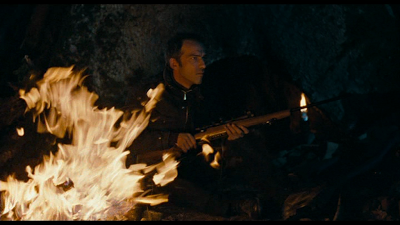Contemplate and Konangal
Art documentary films of two great masters
Caravaggio & Picasso
30th July , Tuesday,; 1 pm to 3 pm
PSG Arts and Sciene College, Peelamedu
Art documentary films of two great masters
Caravaggio & Picasso
30th July , Tuesday,; 1 pm to 3 pm
PSG Arts and Sciene College, Peelamedu
Caravaggio
The importance of Caravaggio in 17th century painting is undeniable. He has been described as the greatest Italian painter of his time. His innovative departure from the idealised style of the 16th century, when painting religious themes, brought much criticism, but was influential in the development of many artists to come.
Cravaggio, birth name Michelangelo Merisi, left his birth town of Caravaggio in the north of Italy to study as an apprentice in nearby Milan. In 1593 he moved to Rome, impatient to use his talents on the biggest stage possible.
Cravaggio, birth name Michelangelo Merisi, left his birth town of Caravaggio in the north of Italy to study as an apprentice in nearby Milan. In 1593 he moved to Rome, impatient to use his talents on the biggest stage possible.
Caravaggio's approach to painting was unconventional. He avoided the standard method of making copies of old sculptures and instead took the more direct approach of painting directly onto canvas without drawing first. He also used people from the street as his models. His dramatic painting was enhanced with intense and theatrical lighting.
Caravaggio's fate was sealed when in 1606 he killed a man in a duel. He fled to Naples where he attempted to paint his way out of trouble, he became a Knight, but was then imprisoned in Malta and then finally he moved to Sicily. He was pardoned for murder in 1610, but he died of a fever attempting to return to Rome. This documentary is presented by renowned art historian Simon Schama.
Picasso
Picasso, one of the greatest icons of modern art who co-created such styles as Cubism and Surrealism, was also among most innovative, influential, and prolific artists of all time. He was born on October 6, 1881, in Malaga, Spain. Constantly updating his style from the Blue Period, to the Rose Period, to the African-influenced Period, to Cubism, to Realism and Surrealism he was a pioneer with a hand in every art movement of the 20th century.
The life of Pablo Picasso is an exciting story of rebellion, riches, women and great art. In this episode of a four-part series dedicated to Modern Art, journalist Alastair Sooke travels through France, Spain and the US to see some of the artist's great works and recount tales from his life story.
Talking to architects, fashion experts and artists, he investigates how Picasso's influence, particularly that of his Cubist work, continues to pervade modern life today, in the shape of buildings, interior design, clothes and of course contemporary art.












